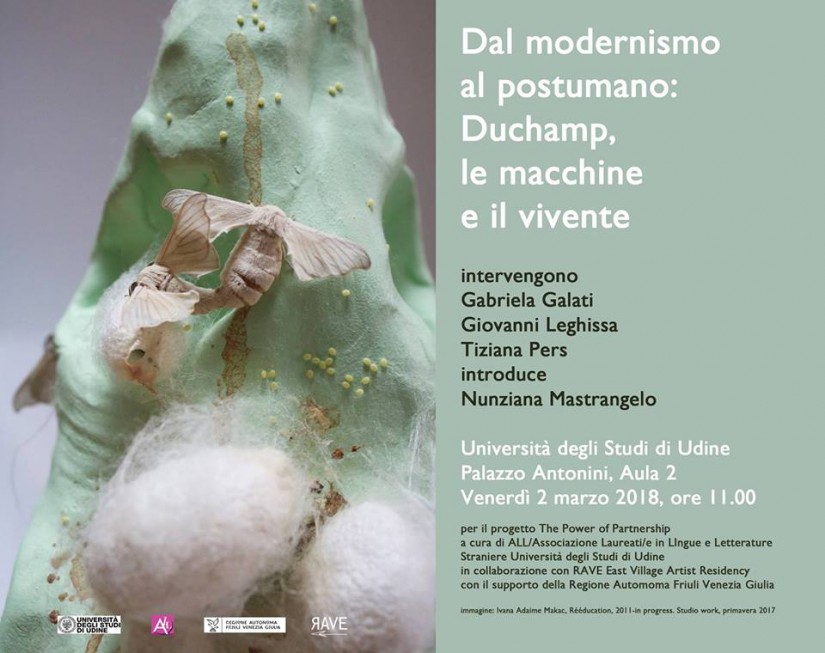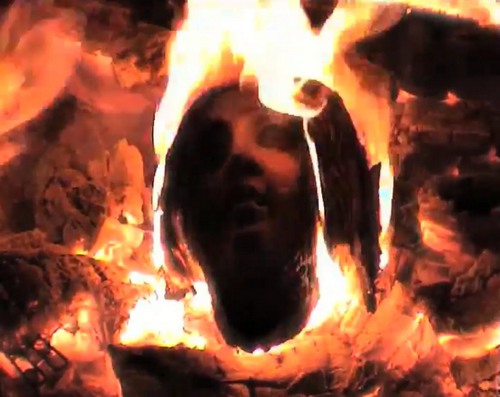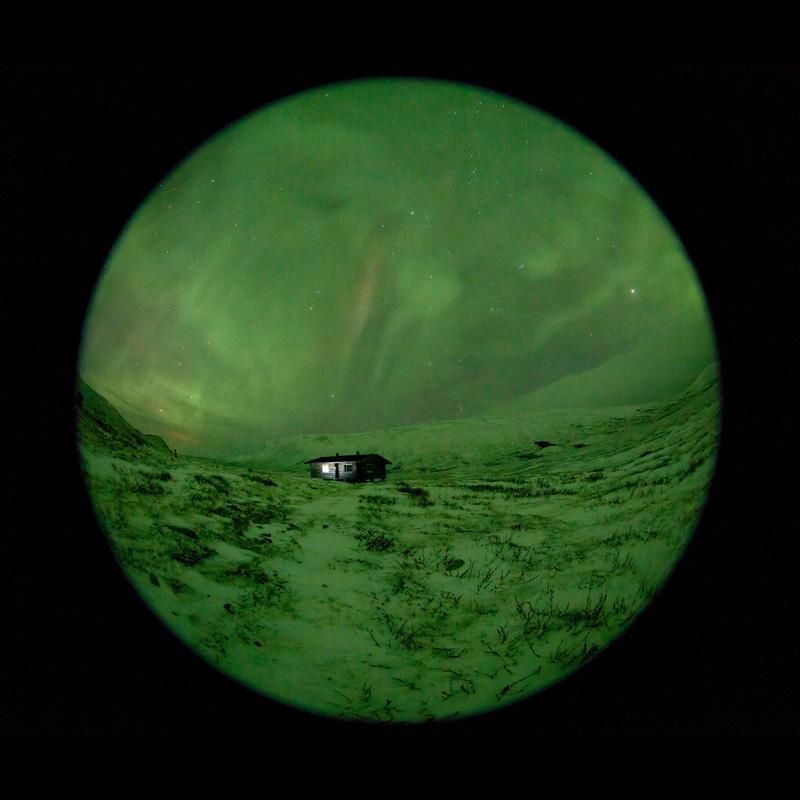Dal modernismo al postumano: Duchamp, le macchine e il vivente
Università degli Studi di Udine
Palazzo Antonini, Aula 2, Via Petracco, 8, Udine
venerdì 2 marzo ore 11.00
intervengono:
Gabriela Galati, NABA Nuova Accademia di Belle Arti di Milano
Giovanni Leghissa, Università di Torino
Tiziana Pers, RAVE East Village Artist Residency
introduce:
Nunziana Mastrangelo
Partendo dalle riflessioni contenute nel recente libro di Gabriela Galati Duchamp Meets Turing: Arte, modernismo, postumano (Postmedia Books, 2017), i relatori dialogheranno sull’intreccio fra teoria dell’arte, il rapporto attuale con il vivente e la soggettivazione indotta dalle nuove tecnologie.
L’incontro è organizzato da ALL Associazione Laureati/e in Lingue e Letterature Straniere, Università degli Studi di Udine, in collaborazione con RAVE East Village Artist Residency, con il supporto della Regione Autonoma Friuli Venezia Giulia.
Gabriela Galati è docente di Teoria e Metodologia dei Mass Media presso NABA, Nuova Accademia di Belle Arti Milano, e docente di Media Art Theory presso Domus Academy. Scrive recensioni su libri per Leonardo Reviews / Leonardo Journal-MIT Press, e collabora con Noema e AdVersus. Fondatrice di ECCENTRIC Art & Research, dopo un’esperienza quindicennale come direttrice di galleria e curatore, prima a Buenos Aires, sua città natale, poi a New York e Milano, è attualmente direttrice della galleria d’arte contemporanea aA29 Project Room di Milano.
Giovanni Leghissa, membro della redazione della rivista “aut aut” e direttore della rivista online “Philosophy Kitchen”, è professore associato di Filosofia teoretica presso il Dipartimento di Filosofia dell’Università di Torino. I suoi interessi di ricerca comprendono: fenomenologia, filosofia continentale e psicoanalisi; studi culturali, di genere e postcoloniali; filosofia del postumano; epistemologia dell’economia e teoria delle organizzazioni. Tra le sue ultime pubblicazioni: Postumani per scelta. Verso un’ecosofia dei collettivi (Mimesis, 2015). The Origins of Neoliberalism (Routledge, London 2016, con Giandomenica Becchio).
Tiziana Pers, artista visiva e co-fondatrice del progetto RAVE, concentra la sua ricerca sulla questione animale e sui temi del biocentrismo. Sue opere sono state presentate in svariate istituzioni tra cui Musée de la Chasse et de la Nature, Parigi, Seoul Biennale of Architecture, aA Project Room, Milano, One Night Stand Gallery, Sofia, PAC Padiglione d’Arte Contemporanea, Milano, PAV Parco Arte Vivente, Torino, Villa Manin, Passariano, MAC Milano Animal City, Castello di Rivoli, Palais De Tokyo, Parigi, e.c.53. Biennale d’Arte Venezia, Museo MADRE, Napoli, Dade Public Library Miami.
Immagine: Ivana Adaime Makac, Rééducation, 2011-ongoing. Studio work, spring 2017.



